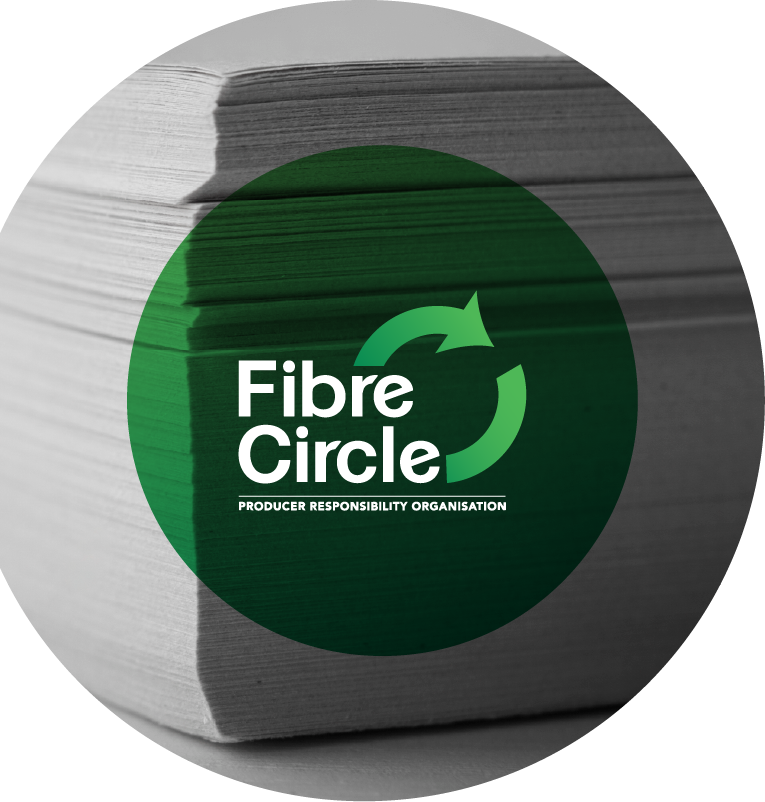
The recycling story around paper and fibre packaging is one of both progress and potential, with collection and diversion rates reaching close to 70%. But what happens beyond the bin is where the real transformation lies, and where Fibre Circle, as the producer responsibility organisation for the paper and paper packaging sector, steps in.
Explore their Stories
Explore
their Stories
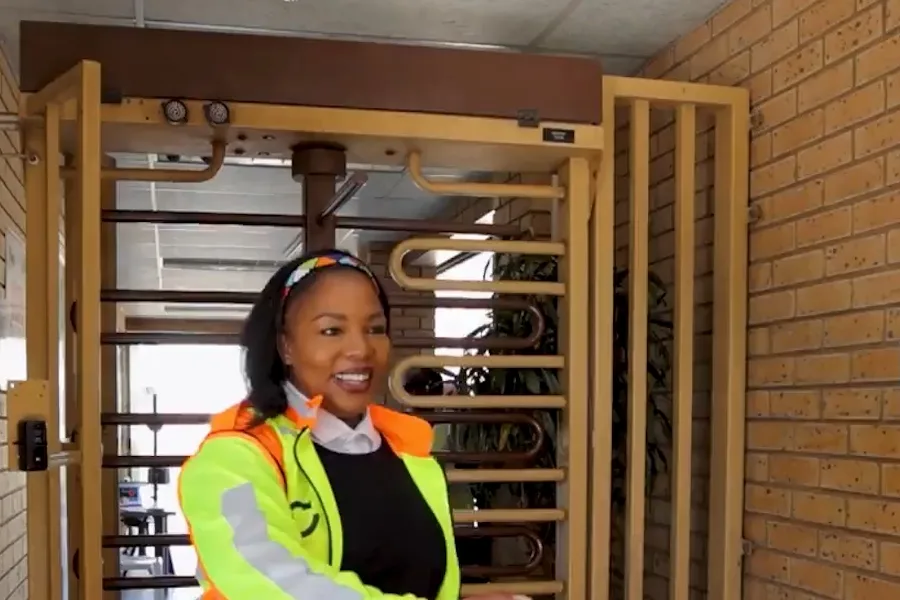
Edith Leeuta, CEO, Fibre Circle
Edith Leeuta champions a circular economy where everyone has a role. She sees reclaimers not as informal workers, but as essential partners. Her leadership focuses on inclusion, recovery, and reuse. By linking communities, entrepreneurs, and industry, she’s helping South Africa reimagine waste as a driver of equity and sustainability.
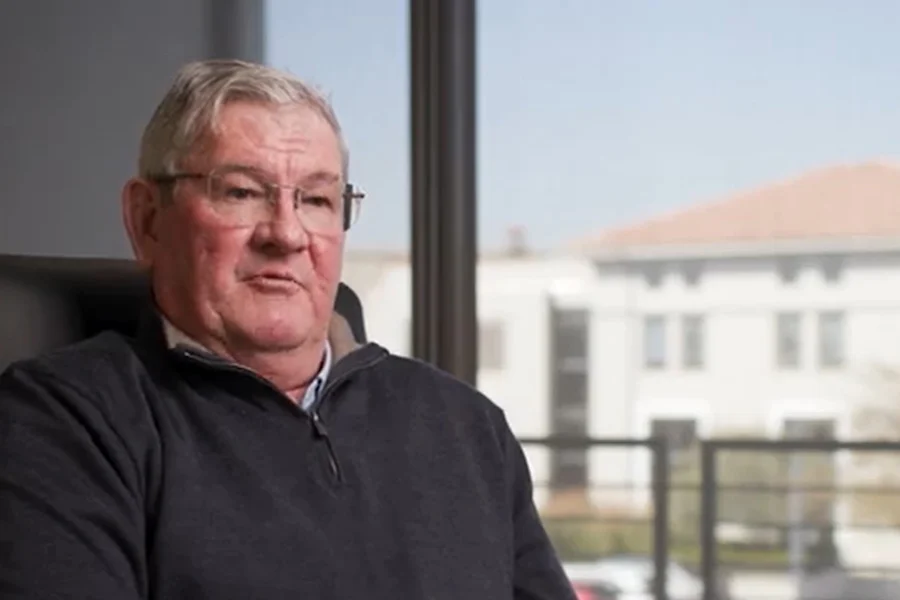
Derek Perryman, CEO, DLPGroup
Derek Perryman leads a plant where waste paper becomes usable packaging. Through smarter design and flat-pack innovation, emissions are cut and efficiency increased. His team’s work shows how local industry can reduce environmental impact while creating products with purpose. For Derek, recycling is a smart business—and a national responsibility.
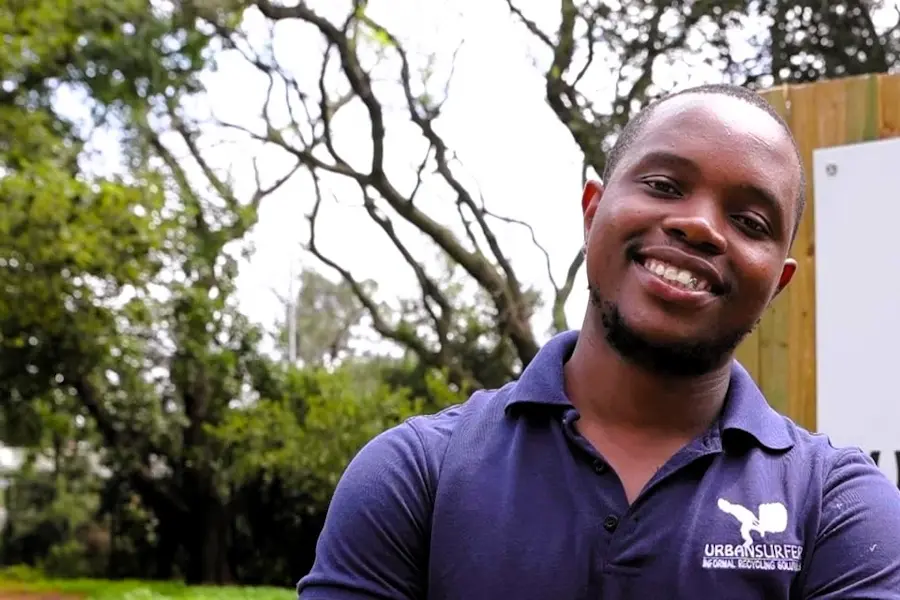
Sfiso Gumbi, Director, Urban Surfer
Sfiso Gumbi is transforming the lives of reclaimers. With sorting tools, Wi-Fi, and safer trolleys, their earnings have tripled. He’s proving that informal work can be dignified, structured, and profitable. Urban Surfer isn’t just moving waste—it’s helping hundreds rewrite their futures with pride, purpose, and proper support.
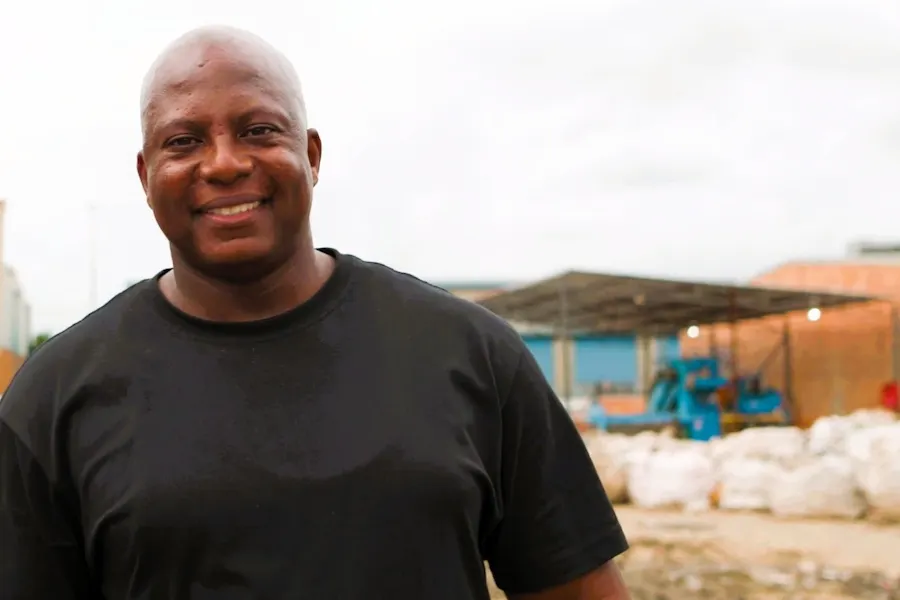
Khomotso Kgatle, Director, Ratel Waste Group
Khomotso Kgatle turned determination into impact. Starting small, he built a company now processing over 1,000 tonnes annually. By creating jobs and offering stable incomes, he’s changed what waste means for his community. His journey shows how local business can build resilience through recycling and create long-term, inclusive growth.

Thabiso Hlongwane, Director, Greener Pastures
From high school graduate to founder, Thabiso Hlongwane’s recycling business now employs over 60 people. As staff upgrade from shacks to homes, his work proves waste can change lives. Access to fairer markets gave his business a breakthrough—and with it, a powerful model for youth-led sustainability and empowerment.
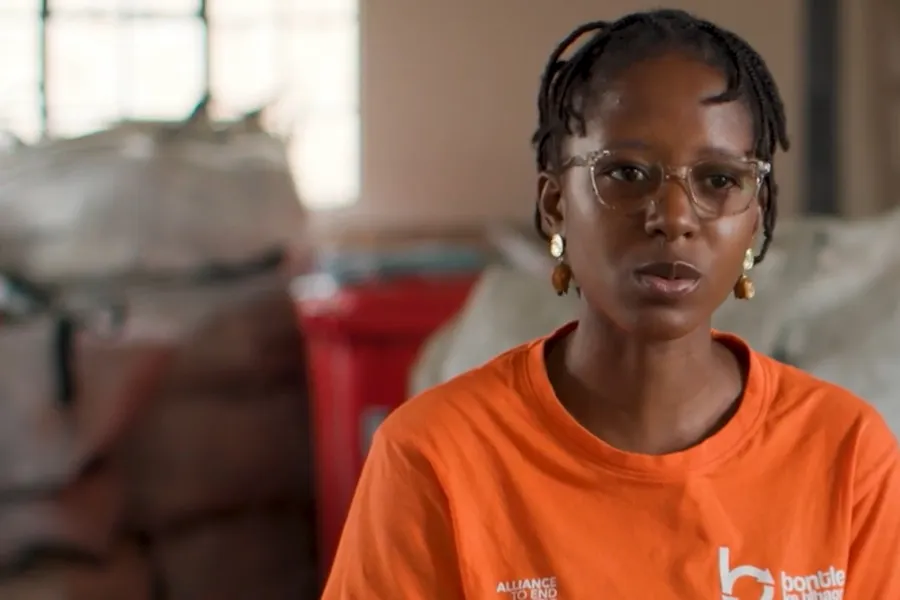
Nondumiso Sibiya, Director, Bontle Ke Tlago
Nondumiso Sibiya has seen Diepsloot change—and she’s changing it again through recycling. At her buyback centre, waste becomes income and reclaimers gain recognition. She supports education and community cleanups, helping residents see value in their environment. Her vision is a cleaner, more hopeful neighbourhood built through collective effort.
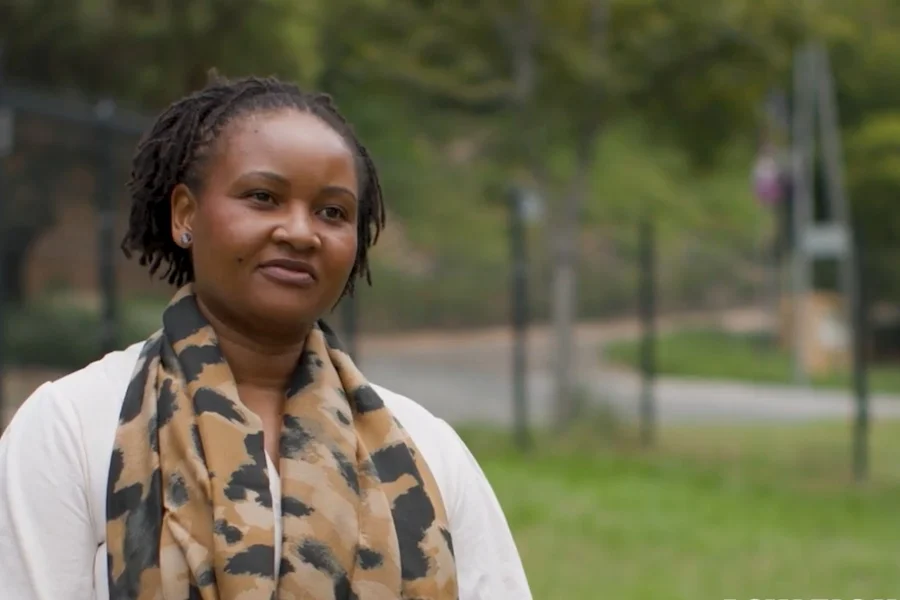
Ashleigh Dlamini, SMME Development, Fibre Circle
Ashleigh Dlamini works closely with small business owners turning waste into enterprise. She’s seen firsthand how mentorship and support transform survivalist operations into growing ventures. Her role helps entrepreneurs unlock their potential, proving that with the right guidance, even the most modest recycler can build a meaningful, sustainable business.
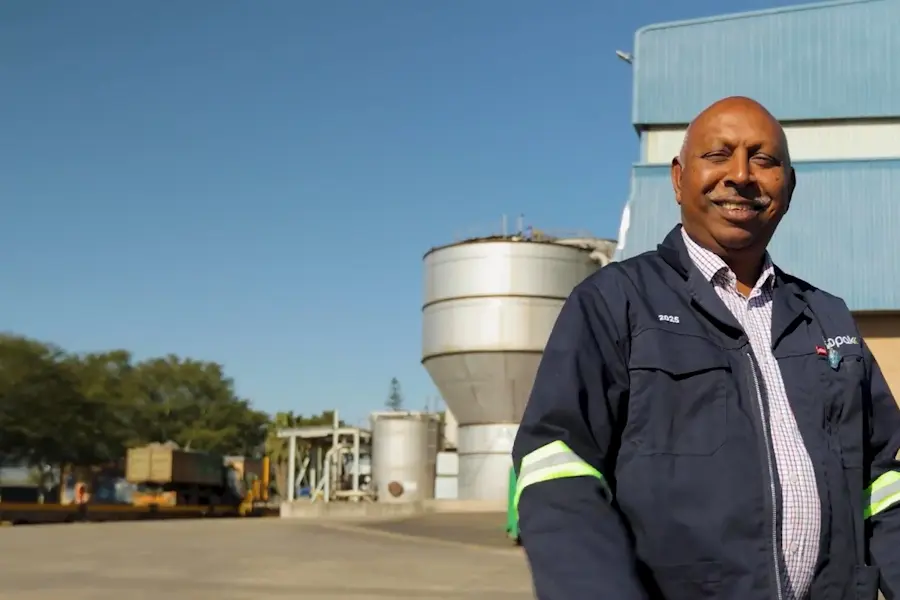
Anben Pillay, SHERQ Manager, Neopak
Every day, Anben Pillay oversees the transformation of waste paper into new packaging. With over 400 tonnes processed daily, his work protects resources and landfills. He’s proud to be part of a system where local manufacturing leads the charge in sustainability, turning waste into opportunity on an industrial scale.
As Seen On 30 Channels Throughout Africa
The Gallery
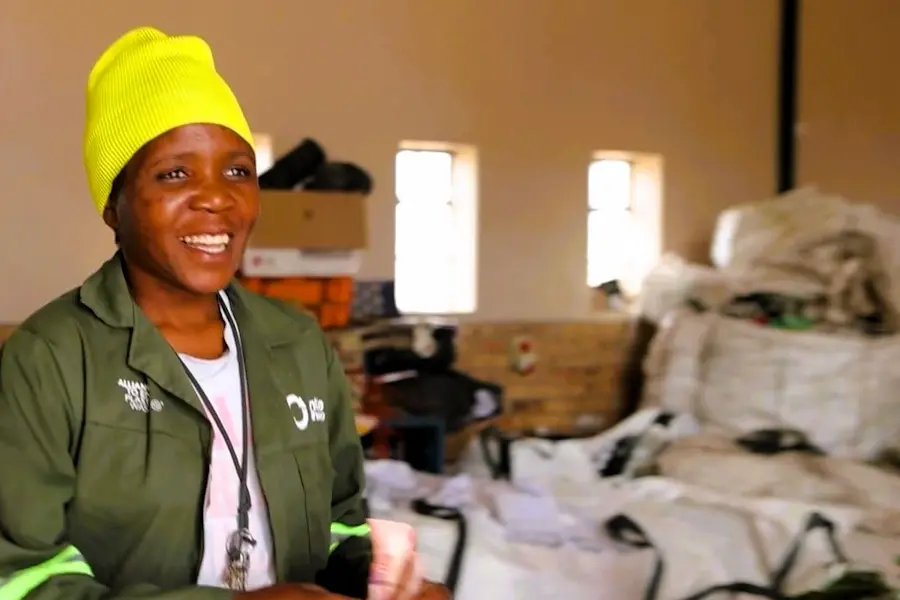
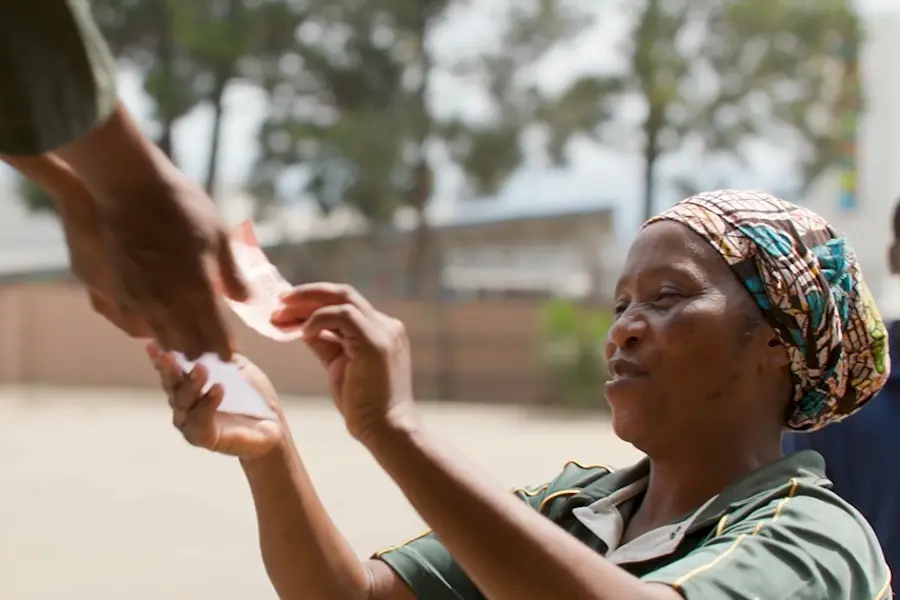
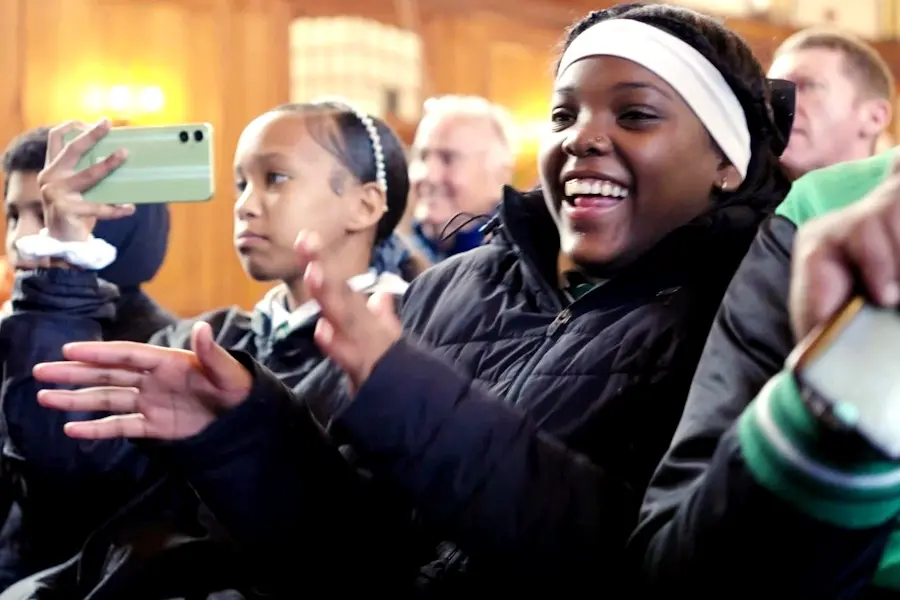
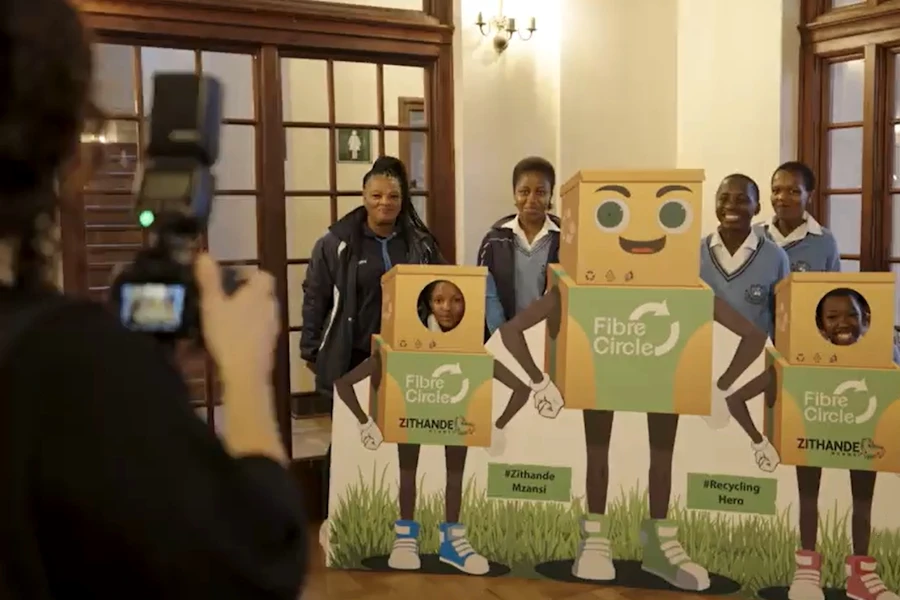
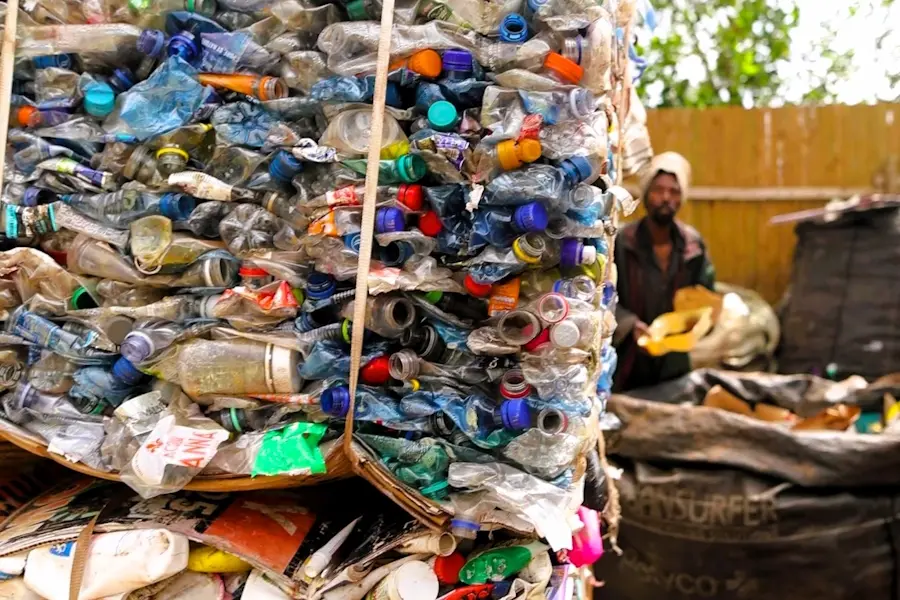




In Diepsloot, where open fields once turned to dumping grounds, a quiet revolution is underway. At the heart of this change are people like the reclaimers—hardworking individuals who once went unnoticed, now recognised for their vital environmental contribution. With support from Fibre Circle, they’re being trained, equipped with protective gear, and given sturdy collection trolleys that make their work safer and more efficient.
Through centres like Bontle Ke Tlago, they exchange recyclables for income, turning waste into sustenance. But the impact goes further. Small businesses like Urban Surfer and Ratel Waste Management are growing, processing mountains of paper, creating jobs, and proving that recycling isn’t just a necessity—it’s a livelihood.
Young entrepreneurs, mentored and connected to markets, are finding purpose and profit in sustainability. Meanwhile, innovations in local manufacturing and education are shaping a future where recycling is embedded in how communities live and learn.
Fibre Circle’s real triumph lies in its collaborative spirit—bridging industry and grassroots, economy and ecology. It’s not just about paper; it’s about dignity, opportunity, and the shared belief that even discarded things—and people—deserve a second chance.



